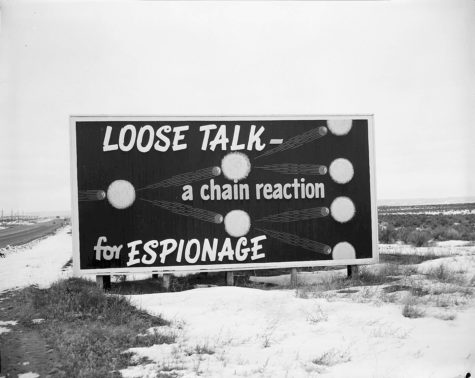 January 22-26, 2018
January 22-26, 2018
Emma has sage advice for ditching your phone, which may be one of many things that’s making you miserable. Give your phone to your children and ask them to hide it. A fun game for the whole family! Tell them they can’t tell you where it is, even if you start to cry or begin to murmur the word “Mueller” over and over in a weird whispery voice.
Michelle interviews author Juli Berwald about her new book, Spineless: The Science of Jellyfish and the Art of Growing a Backbone. “Jellyfish are also an amazing muse, because they live in this fascinating space between angelic and demonic. They’re gorgeous, and yet some of them are lethal. “
Erik revisits a post about one of his favorite placebo experiments, the one by Fields and Levine. They get mentioned so much in the small world of placebo research that I started to think of them as some kind of mythical creature – the Fieldsnlevine. Just a little smaller than the Watsonncrick. It never occurred to me that they might be real people who put their pants on every day and occasionally pick up phones.
Cassie reduxes a post about a woman with chronic myelogenous leukemia who struggles to afford the drug that helps her survive. I could end the story here. . , A tale about a new drug fixing a dread disease makes for a snappy headline. The story is optimistic. It’s clear cut. But Elliott’s story doesn’t end with a prescription. That’s where it begins.
Rebecca ends the week in the company of curious tourists visiting old nuclear relics—but, she says, nuclear weapons aren’t retro anymore. Inside this huge wall of rods, neutrons split apart atoms in a controlled chain reaction, ultimately producing the fuel that powered the bomb we dropped on Nagasaki. One woman described it as looking like a giant wine rack.
*
Image: A billboard at the Hanford Nuclear Reservation. US Department of Energy archives